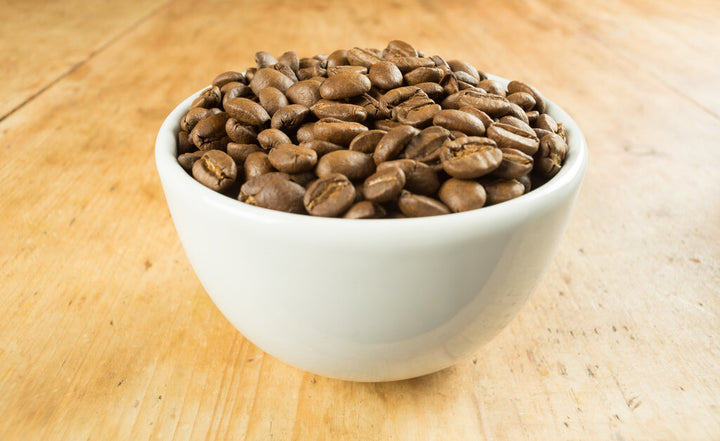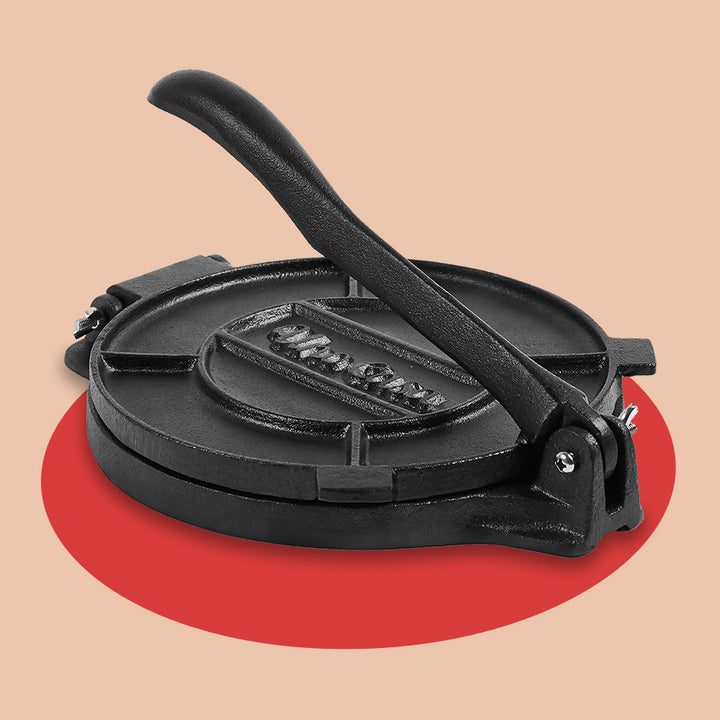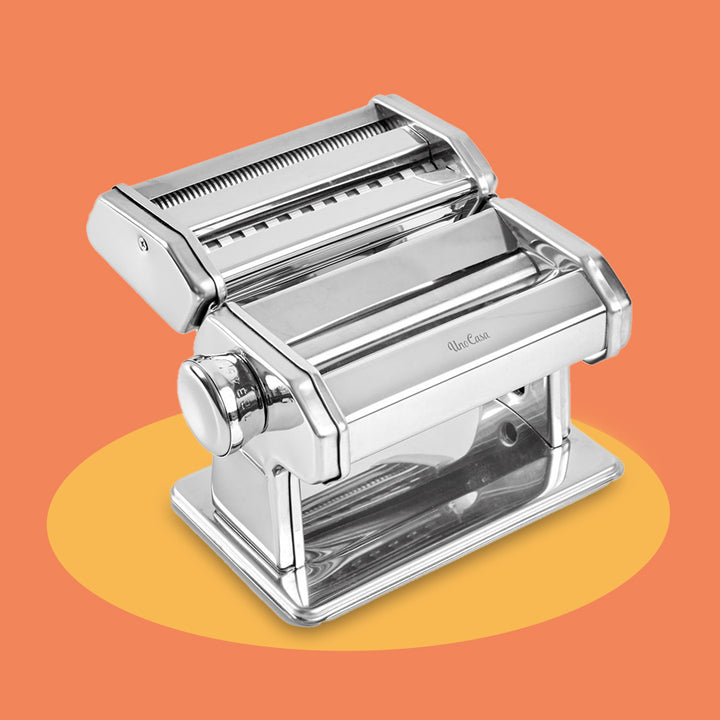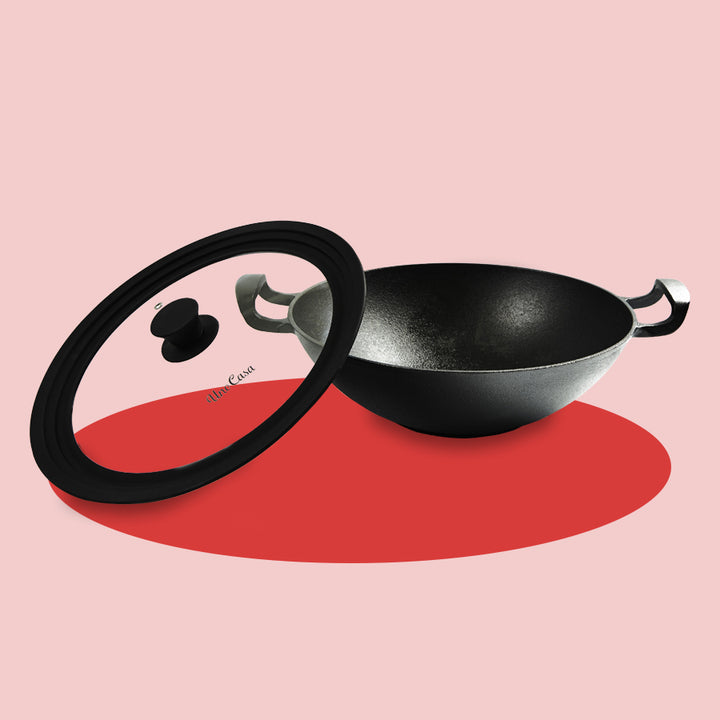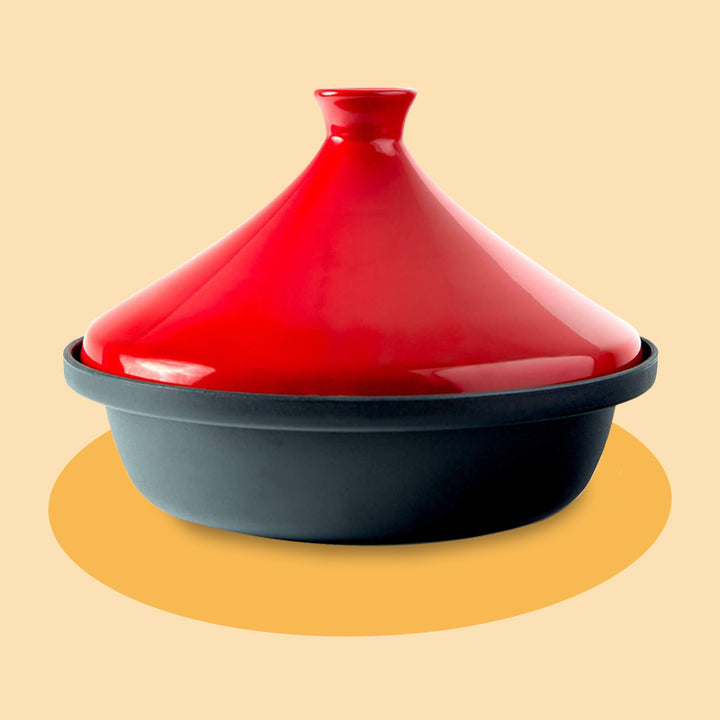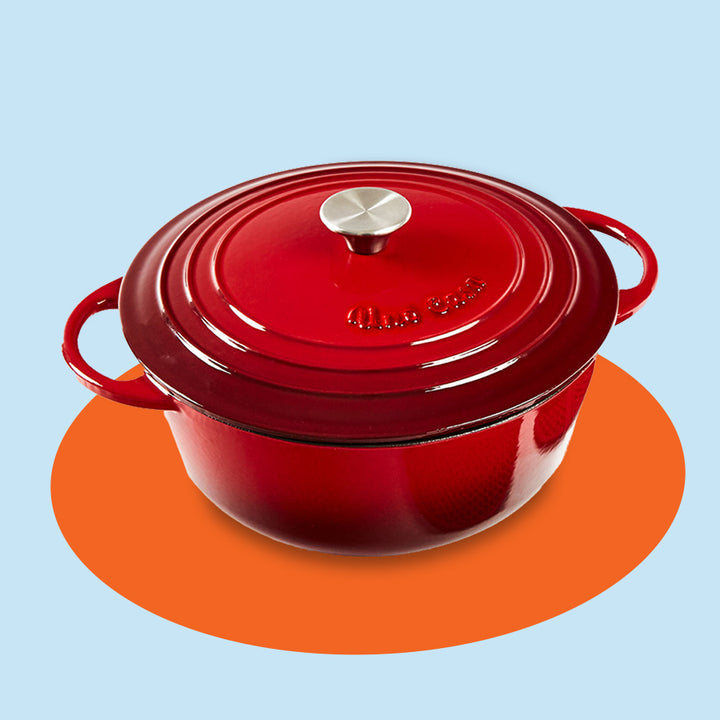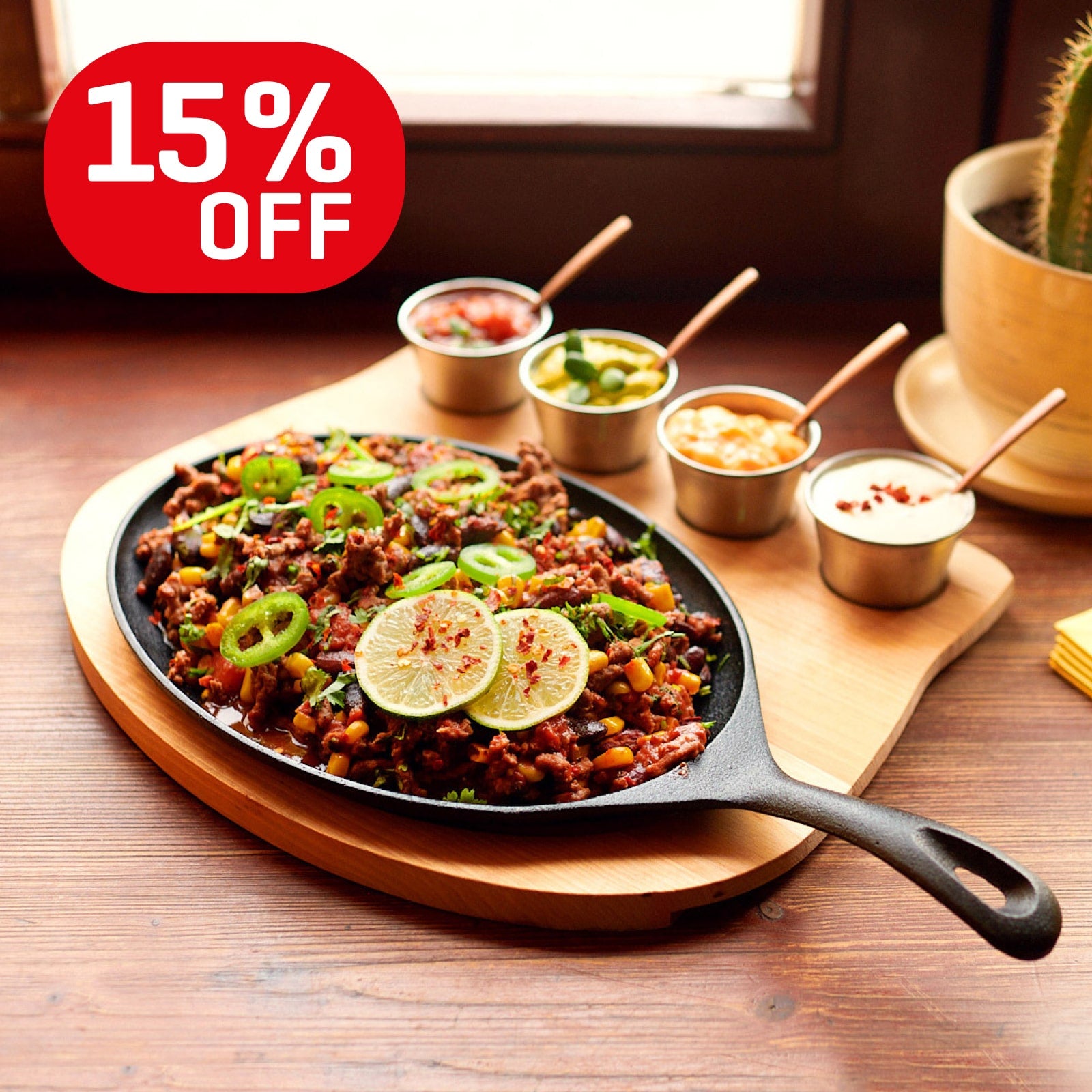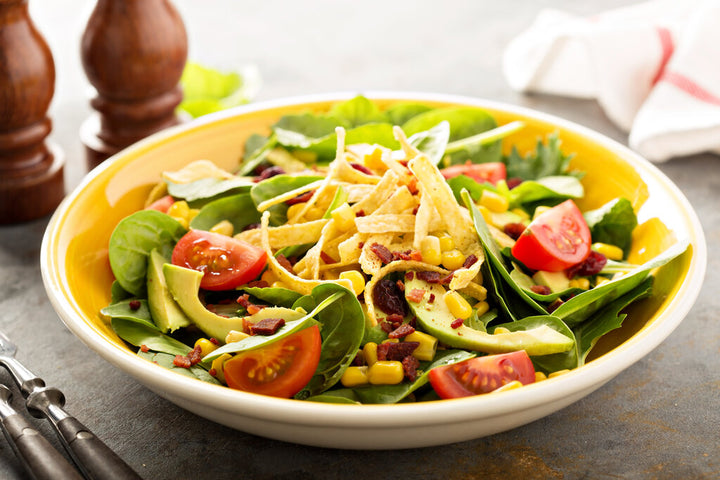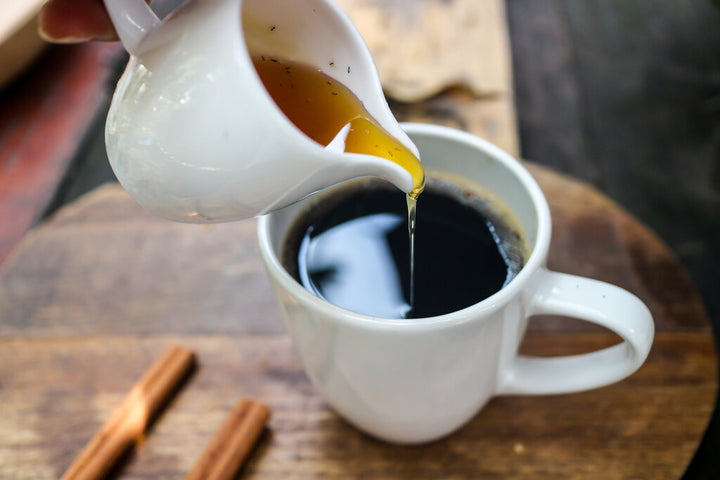Is Pasta Vegan: Homemade Dairy-Free Pasta Recipe
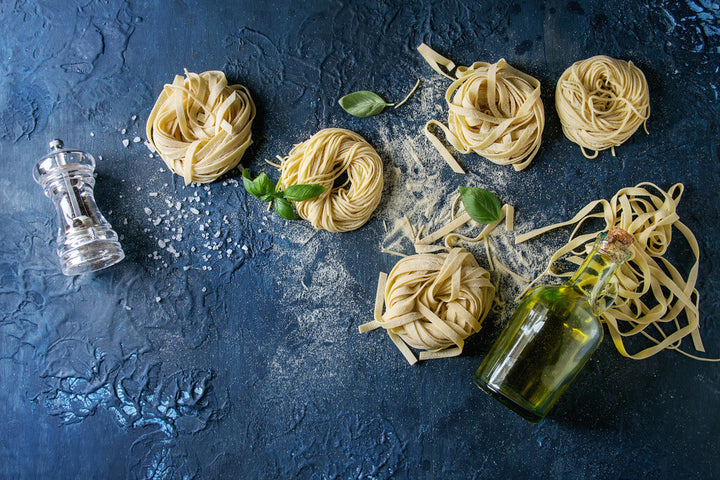
It doesn't matter where you are; you're going to find pasta! You’ll find it everywhere, and unless you’re totally keto, you’ll probably cook up one or two pasta dishes for lunch or dinner each week. But if you’re just getting on board with a new dairy-free and plant-based diet, you might be left wondering, is pasta vegan?
Preparing pasta requires just a few necessary ingredients, but we’ll forgive you if you don’t know them off the top of your head! There are so many different kinds of pasta out there, including macaroni, spaghetti, fettuccine, penne, and so many more.
Many kinds of pasta contain eggs, but many more don’t. It depends on the brand and the recipe. In this article, we take a look at vegan pasta and how you can prepare your own vegan homemade pasta.
Can vegans eat pasta?
Is spaghetti vegan? Are noodles vegan? Do vegans eat pasta? These are all questions that anyone unfamiliar with a vegan diet will be pondering before they try a plant-based diet themselves.
Vegans do eat pasta, so don’t worry, you don’t have to give up your favorite pasta dishes if you’re trying to make the change. However, not all pasta is vegan, and to see why we have to dig a little deeper.
Does pasta have dairy?
It's possible to prepare pasta in various ways, so there's never one single answer to this question. It just depends. In its most basic form, pasta requires very few ingredients. You need flour, water, oil, and a sprinkling of salt. These ingredients are turned into a dough and then rolled into pasta shapes.
The flour is traditionally durum wheat or semolina (although you can find plenty of different pasta flours, too), which gives you a totally plant-based pasta. The vast majority of dried, pre-packaged pasta that you find in the supermarket are prepared this way, making them entirely vegan-friendly!
But is pasta vegan all the time? The answer is no, not always. Does pasta have eggs? Sometimes, yes. It’s always smart to double check your labels when purchasing pasta from the grocery store or ask the server at the restaurant.
And why is there egg in pasta? Traditional, fresh pasta recipes often include eggs. The egg affects the taste and acts as a binding agent to hold the pasta together.
Egg-based pasta is not vegan pasta, of course! This is typically the only non-vegan product that goes into pasta making, and it’s easy to prepare pasta without the egg. Many fresh kinds of pasta from the store contain eggs, as do fresh pastas prepared on-site at restaurants.
Vegan pasta brands
Check and recheck the ingredients listed on the packaging before purchasing pasta in the store. Vegan pasta doesn’t necessarily state that it’s vegan, but if eggs aren’t listed, then you’re good to go!
The majority of the traditional pasta producing brands don’t use egg in their products, including the following popular vegan pasta brands:
- Banza
- Barilla
- Mueller’s
- Ronzoni
- Explore Cuisine
- Ancient Harvest
- Sam Mills Pasta
- Jovial Foods
- Tolerant Foods
- Trader Joe’s
How do you make vegan pasta from scratch?
We’re big fans of homemade pasta, and with the right recipe and the help of a pasta maker, it’s super easy to prepare your own vegan pasta from scratch.
Homemade pasta is fun to make, it’s healthy, and you can be absolutely positive that no egg or dairy has gone into making it!
But how do you prepare your own vegan pasta? You need just four ingredients to get started: flour, water, oil, and salt. You’re likely going to have all these ingredients in your kitchen cupboard already!
Use the ingredients to prepare a dough, then use a pasta roller to prepare your favorite pasta shapes. If you’re new to pasta making, start with simple pasta shapes such as spaghetti or fettuccine, which are easy to roll out. Once prepared, simply cook your pasta in lightly salted boiling water before serving it with a vegan sauce of your choice!
Here’s our simple vegan pasta recipe!
Homemade vegan pasta recipe
Makes 4 servings
Ingredients
- 2 ½ c of all-purpose flour
- 1 tsp of salt
- 1 Tbsp of olive oil
- ½ c of water
Directions
- Measure out your flour, salt, and olive oil into a large mixing bowl. Combine everything together until a dough starts to form.
- Pour water into the mixture, using your hands to fold the water into the rest of the dough. Keep combining the ingredients until you have a soft dough. If the dough is too sticky, add more flour. If it’s too dry, you can use more water to soften it up.*
- Next, transfer the ball of dough to a lightly floured work surface.
- Use your hands to gently and thoroughly knead the dough for at least 10 mins until you have an elastic texture.
- Wrap the pasta dough in plastic wrap, and leave it to rest at room temperature for a minimum of 30 mins before continuing.
- After that time is up, it’s time to prepare your pasta maker. Divide your dough into four pieces, then flatten the first piece out, so you have a sheet of dough that's thin enough to feed through the machine.
- Pass the sheet through several times until you get it to the right thickness, then set the machine to cut it into fettuccine or spaghetti sized pieces of pasta.
- Repeat this process until you have no more dough left to shape.
- Now, bring your large pot of lightly salted water to boil. Carefully place your pasta into the pot in batches, and allow to cook for just 3 mins.
- Remove the pasta, drain, and serve fresh with your favorite pasta sauce.
Alternatively, you can store your fresh pasta for 24 hours in the fridge before cooking, or you can dry it out for long term storage.
*Feeling lazy? Add all of the ingredients to a food processor and pulse them into a dough (it’s much easier than mixing the dough by hand!)
So, is pasta vegan?
So, is pasta vegan? The straight answer is sometimes. Some pasta is vegan; some pasta isn’t vegan. It all depends on the ingredients and whether the pasta was prepared using egg or not using egg.
Most dried, store-bought pasta is prepared without egg, and so makes it suitable for vegans. Most chefs prepare their pasta using eggs. This can vary, though, so always check the packaging.
Of course, the best vegan pasta is homemade pasta, so why not bookmark our article and start preparing your own pasta at home?
Leave a comment
Comments will be approved before showing up.
Also in Tips
